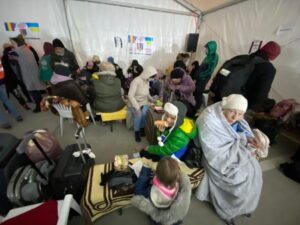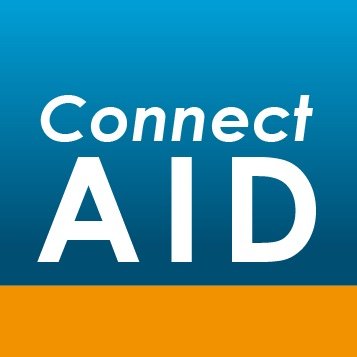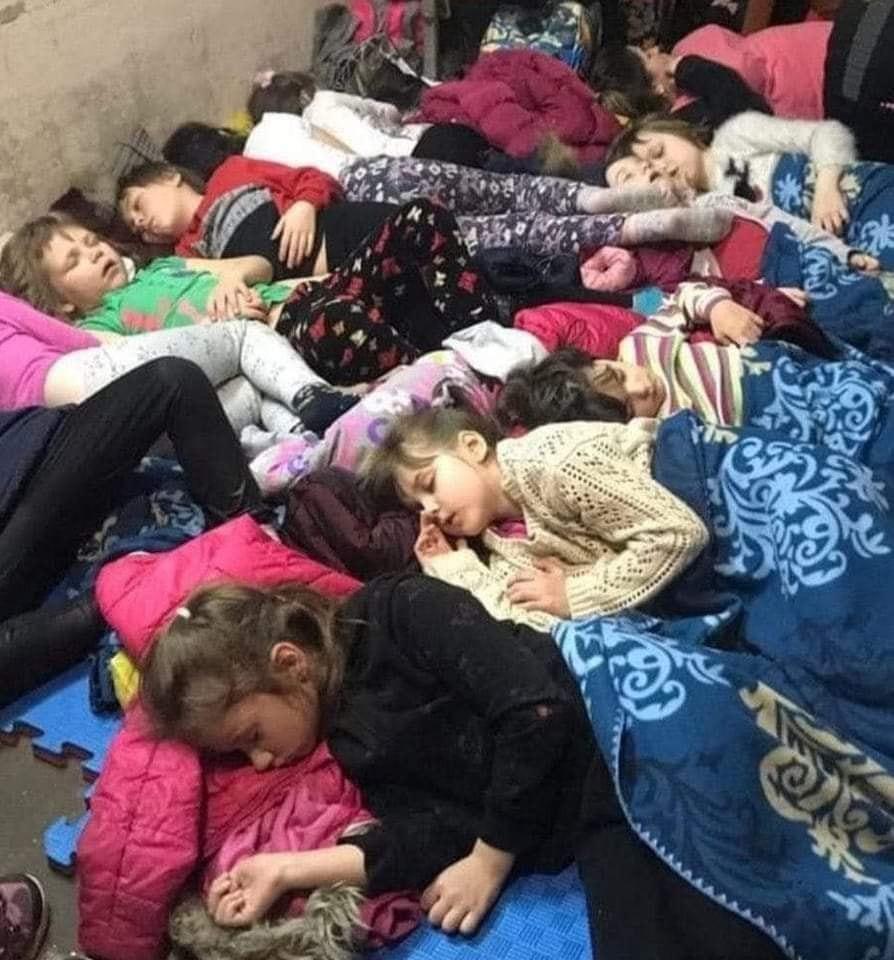Migration Consortium: Leading the Way in Ukrainian Refugee Assistance in Poland
Since 2017, a group of nine established non-governmental organizations (NGOs) known as the Migration Consortium have been working together to lead the response to the needs of refugees at the Polish border near Ukraine. The Consortium’s collective impact has enabled them to support each other and build on common experiences, resulting in more efficient assistance to the communities and immigrants they work with. Their focus is on coordinating services and integrating Ukrainian refugees into Polish society by sharing knowledge, skills, and capacity with other partners, including public institutions and civil society organizations.
 The challenges facing the Consortium are significant. More than 4.6 million Ukrainians have fled their country since the Russian invasion of Ukraine in 2022, with more than 10 million finding refuge in Poland. Countless civil society organizations have provided the refugees with the bare essentials, but there is a need for consistent and ongoing support beyond this. Host agencies must create sustainable social, legal, and economic structures that foster the integration of refugees into society, especially on local levels. This requires professionals to meet a wide array of needs, from education to law, housing, medical care, social services, and more.
The challenges facing the Consortium are significant. More than 4.6 million Ukrainians have fled their country since the Russian invasion of Ukraine in 2022, with more than 10 million finding refuge in Poland. Countless civil society organizations have provided the refugees with the bare essentials, but there is a need for consistent and ongoing support beyond this. Host agencies must create sustainable social, legal, and economic structures that foster the integration of refugees into society, especially on local levels. This requires professionals to meet a wide array of needs, from education to law, housing, medical care, social services, and more.
The Consortium’s members have responded to this crisis with a range of services and initiatives aimed at helping refugees. During the first month of the Russian invasion, member organizations offered their help to more than 23,000 Ukrainian refugees in many different ways. For example, the Polish Hospitality Foundation facilitated the transport of the most vulnerable people from Ukraine to Poland. The Polish Migration Forum set up a network of 20 psychologists working in refugee shelters in Warsaw. The Our Choice Foundation started a 24/7 refugee hotline in Ukrainian language, and the Homo Faber Association manages a humanitarian aid center in Lublin together with the city hall. The Association for Legal Intervention set up an online platform addressing all legal questions in three languages (Ukrainian, English, and Polish) available to refugees and volunteers.
 The Migration Consortium’s assistance goes beyond one-on-one meetings and has a systemic approach. Countless refugees have benefited from their collective and coordinated assistance. The Consortium also aims to work together to offer general and systemic solutions to refugees in Poland. They present ideas and good practices of integration to the local and national administration, expose new issues when they appear, and provide tools to mitigate them. They support local governments and communities to help them integrate the refugees, advise and coordinate the international humanitarian response in Poland, and communicate their integration strategies with neighboring countries and the European Union.
The Migration Consortium’s assistance goes beyond one-on-one meetings and has a systemic approach. Countless refugees have benefited from their collective and coordinated assistance. The Consortium also aims to work together to offer general and systemic solutions to refugees in Poland. They present ideas and good practices of integration to the local and national administration, expose new issues when they appear, and provide tools to mitigate them. They support local governments and communities to help them integrate the refugees, advise and coordinate the international humanitarian response in Poland, and communicate their integration strategies with neighboring countries and the European Union.
The impact of the Migration Consortium’s work is threefold. Firstly, they offer direct support to immigrants by providing them with different types of assistance tailored to their individual needs. Secondly, they strengthen member organizations and future partners within the Consortium to make their work more efficient and sustainable. Finally, they advise Poland and other neighboring countries on refugee admission strategies, showing and teaching all operating governmental and non-governmental bodies good practices of humanitarian responses.
In conclusion, the Migration Consortium’s work is making a significant impact on the lives of refugees in Poland. Their collective and coordinated approach has enabled them to respond effectively to the challenges posed by the ongoing crisis, providing vital support and assistance to those in need. The Consortium’s commitment to long-term, sustainable solutions for refugee integration is inspiring, and their efforts offer hope for a better future for those affected by this crisis.







